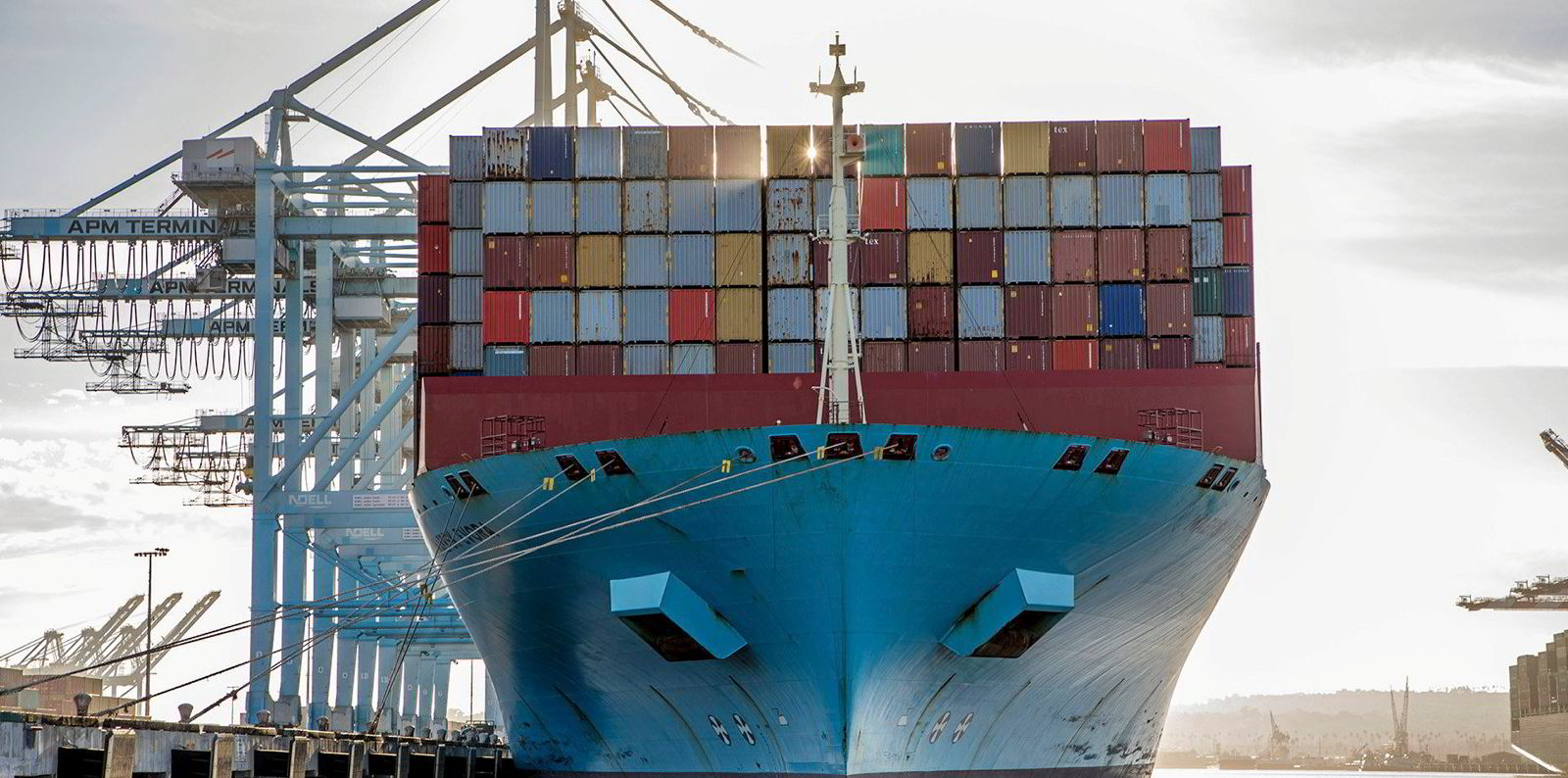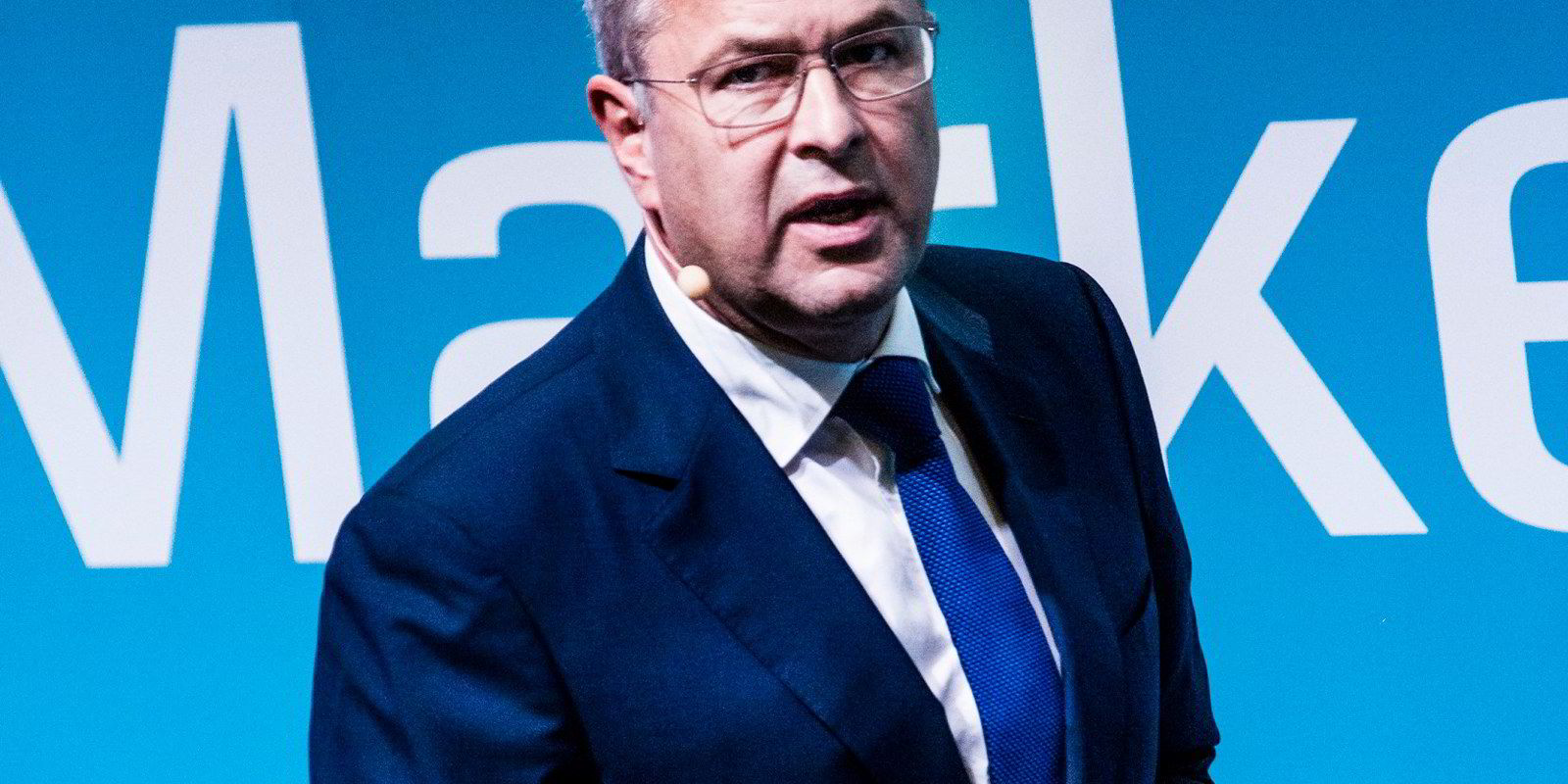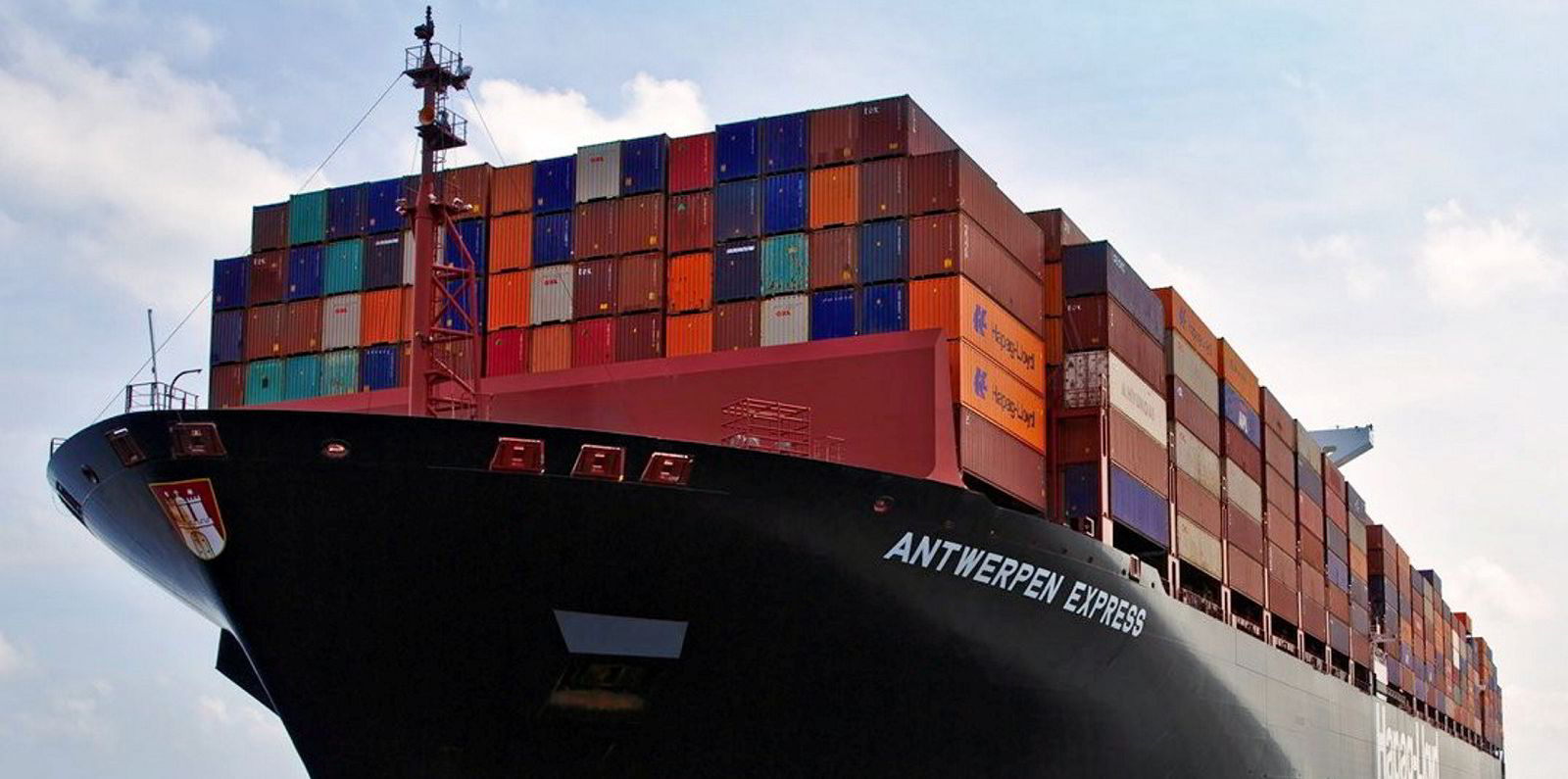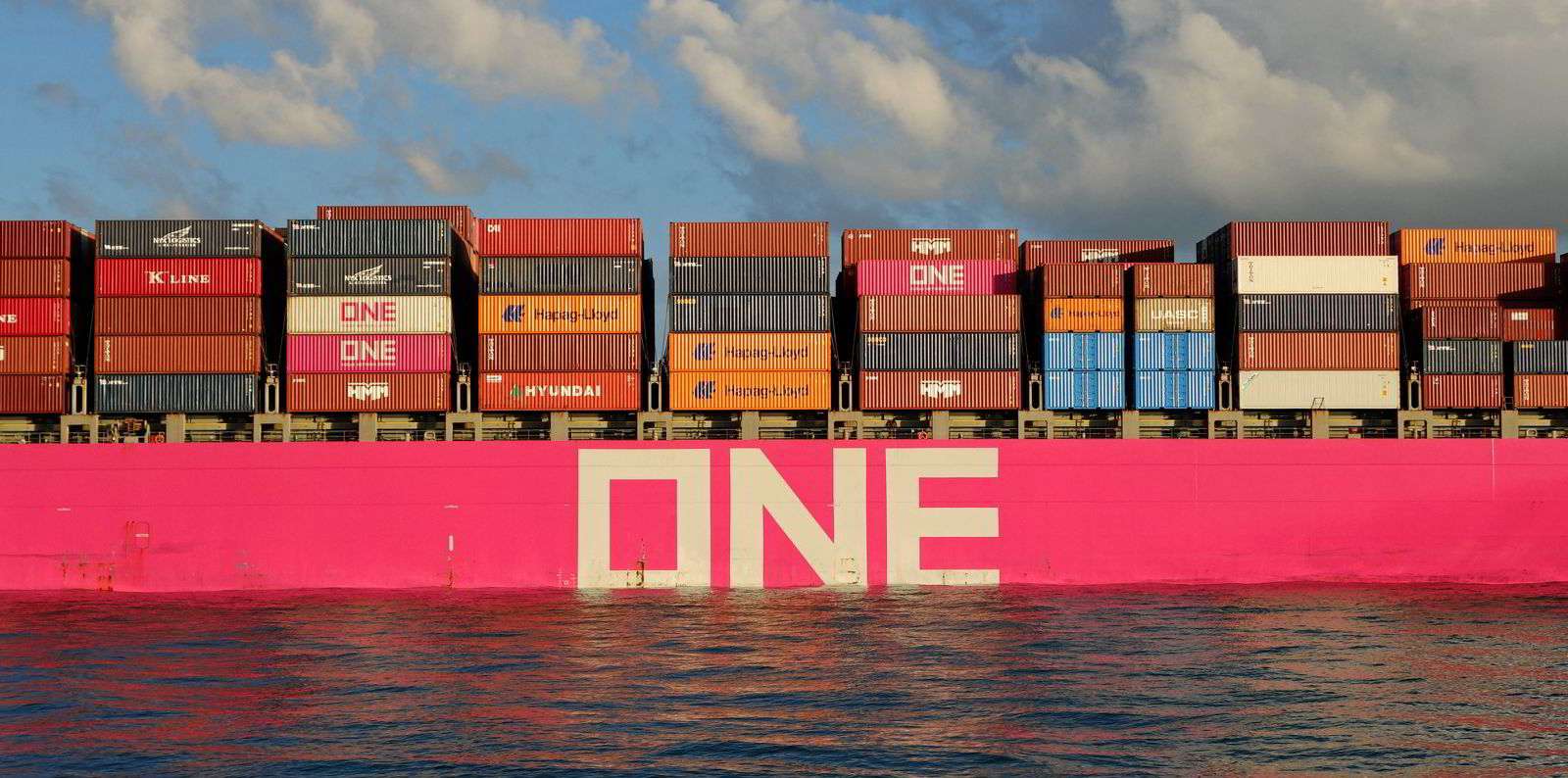AP Moller-Maersk expects to make even more money than previously predicted due to a “continuation of the exceptional market situation”, it said today.
The Danish shipping giant now expects underlying Ebitda to be about $37bn for the full year, up from $30bn. It has revised Ebit up from $24bn to $31bn.
It said that congestion in global supply chains had led to higher freight rates lasting longer than expected.
The company expects a gradual normalisation of rates from the fourth quarter, it added.
Maersk will post a massive $21.7bn in revenue for the second quarter alone, with Ebitda coming in at $10.3bn, the company said ahead of its financial report on Wednesday.
This beats the previous quarter’s Ebitda of $9.1bn.
In May, Maersk predicted slower growth due to the impact of the Ukraine war.
Congestion headaches
Maersk will release its second quarter report tomorrow.
But the latest upgrade already projects that both Ebit and Ebitda is around $7bn higher-than-expected for the full year.
Earlier projections were based on assumption of a normalisation of markets in the second quarter.
However, congestion in liner has lasted longer than expected, noted Anders Redigh Karlsen, head of shipping at equity analyst Kepler Cheuvreux.
“The bottlenecks in the global logistics space are still an issue, despite economic headwinds,” said Karlsen who predicted the upgrade.
“We continue to see the hinterland infrastructure as a key constraining factor as ports keep on handling record volumes.”
Maersk is the second liner company to have upgraded its profit forecast in recent days.
Last week, Hapag-Lloyd massively upgraded its earnings forecast on the back of soaring freight rates.
The world’s fifth-largest liner company projecting Ebitda of $19.5bn to $21.5bn this financial year — $5bn higher than previously forecast in April.
Long-term worries
Despite optimism for the short-term, Maersk has flagged uncertainty over the long term.
The company expressed concern that inflation and higher energy prices will lead to lower consumer demand, damaging international trade.
“The short term, however, is more positive,” Maersk noted in latest market outlook for the Asia-Pacific.
“Cargo volumes through Shanghai are returning to pre-lockdown levels and demand from US consumers is pulling forward the peak season on North America trades,” the liner operator said.
While spot rates have dropped recently, longer duration contracts remain at elevated levels, analyst Fearnley Security commented.
However, the analyst warned that high bunker costs could be a negative factor for the sector.
Maersk had experienced falling year on year volumes for the previous three quarters and a turnaround could prove positive for the share, it said.(Copyright)






